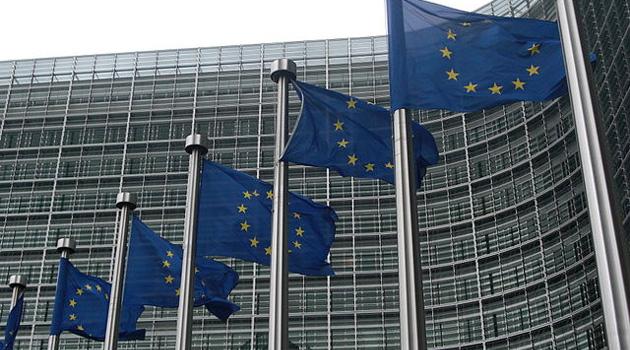Austrian Chancellor criticizes Czech Republic for rejecting EU quotas on refugee reception

Austrian Chancellor Werner Faymann criticized the Czech Republic, the Baltic countries and Poland for rejecting redistribution quotas for refugees within the European Union. Speaking on the "Morgenjournal" program on radio station Ö1, Faymann declared that without quotas it will be impossible to stabilize the situation on the EU’s external borders which are being crossed by thousands of refugees primarily from Africa and the Middle East, but Czech PM Bohuslav Sobotka has a different opinion on the matter.
"Countries like the Czech Republic, but others as well, Poland, the Baltic countries, don’t want binding quotas. That must be criticised, because without binding quotas we cannot make progress," said Faymann, who believes the problem with how the refugee crisis is being handled does not lie with the European Commission, but with the states of Central and Eastern Europe.
"The Czech Republic believes quotas for migrants will not aid in stabilizing the situation. The only solution is ending the war in Libya and Syria, and EU pressure and that of the entire international community must concentrate on that," Sobotka wrote to the Czech News Agency in an SMS text message.
The Czech PM also believes it is necessary to arrange for the protection of the EU’s external borders and a functioning return policy for people who are not granted asylum in the EU. "The Czech Republic is behaving responsibly, we have joined the EU’s solidarity project and within the framework of that project we are prepared to gradually receive 1 500 refugees," he said.
The Austrian Chancellor believes the countries on the EU’s external border will have no reason to beef up border controls as long as refugee redistribution quotas do not exist. "How do you plan to influence them to protect that external border if they believe hundreds of thousands [of refugees] will now be remaining on their territories while the other Member States are enjoying calm? These matters must be addressed concurrently, one influences the other," Faymann said.
Czech Interior Minister Milan Chovanec tweeted that Austria and Germany attract refugees through their generous welfare systems and that their neighboring countries’ incompetence is not to blame. "Let’s talk about fierce public defense of the EU borders instead of playing hot potato with our neighbors," he wrote.
Chovanec believes mandatory quotas will not solve anything. He also said the Czech Republic will not change its mind on the issue.
Czech Republic like a prison
Yesterday the German daily Frankfurter Rundschau reported that the Czech authorities are detaining refugees behind barbed wire even though the Czech courts and NGOs consider it a violation of international law. The paper also noted that migrants, many of whom do not know the Czech Republic at all and just perceive it as yet another country to pass through en route to their dreamed-of destinations, are not visibly welcomed by the country.
One of the biggest detention centers in the Czech Republic is the facility at Bělá pod Bezdězem, where currently approximately 500 people are awaiting decisions on their fates from the Czech authorities. "The camp is surrounded by a fence four meters high topped with barbed wire. The refugees must hand over their mobile telephones and other valuables, and the state uses their confiscated cash to cover the costs of their involuntary stay there. Private security guards patrol the interior while police patrol the exterior," the daily describes the situation.
Frankfurter Rundschau also writes that while journalists are officially unable to access the facility, they did manage to speak with the refugees there. One Pakistani man who had been traveling half a year before being detained told journalists he had been there for 30 days and there was not enough food at the center.
Czech NGOs are criticizing the accommodation center because families and minors are being held there. They also do not like the fact that people cannot freely come and go from the center because they are all automatically assumed to pose a "flight risk".
Human rights organizations say that across-the-board assumption contravenes the Czech Republic’s international obligations because the so-called Dublin system, the EU’s asylum mechanism, requires that each person be individually assessed with respect to flight risk. The paper also notes that the Czech courts share the opinion that the refugees are being illegally detained and have sided with asylum seekers and ordered their release, but only a very few people have chosen to defend themselves through the courts.